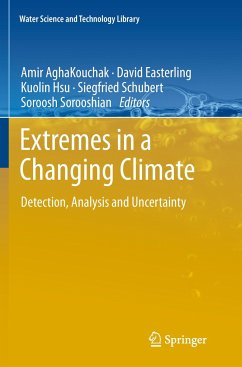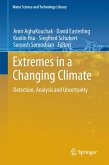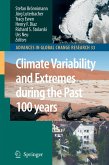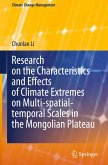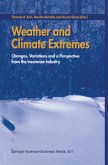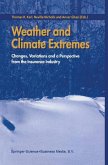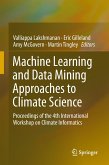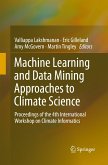This book provides a collection of the state-of-the-art methodologies and approaches suggested for detecting extremes, trend analysis, accounting for nonstationarities, and uncertainties associated with extreme value analysis in a changing climate. This volume is designed so that it can be used as the primary reference on the available methodologies for analysis of climate extremes. Furthermore, the book addresses current hydrometeorologic global data sets and their applications for global scale analysis of extremes. While the main objective is to deliver recent theoretical concepts, several case studies on extreme climate conditions are provided.
Audience
The book is suitable for teaching in graduate courses in the disciplines of Civil and Environmental Engineering, Earth System Science, Meteorology and Atmospheric Sciences.
Audience
The book is suitable for teaching in graduate courses in the disciplines of Civil and Environmental Engineering, Earth System Science, Meteorology and Atmospheric Sciences.
"This edited volume is comprised of 13 chapters emerging from a wide range of topics on detecting extremes, trend analysis and associated uncertainties with such analysis. ... The organization of the text makes it useful equally as a graduate textbook and as a reference book. ... Extremes in a Changing Climate: Detection, Analysis and Uncertainty successfully goes beyond achieving its objectives and goals, and makes for a great read." (S. E. Ahmed, Technometrics, Vol. 57 (1), February, 2015)

